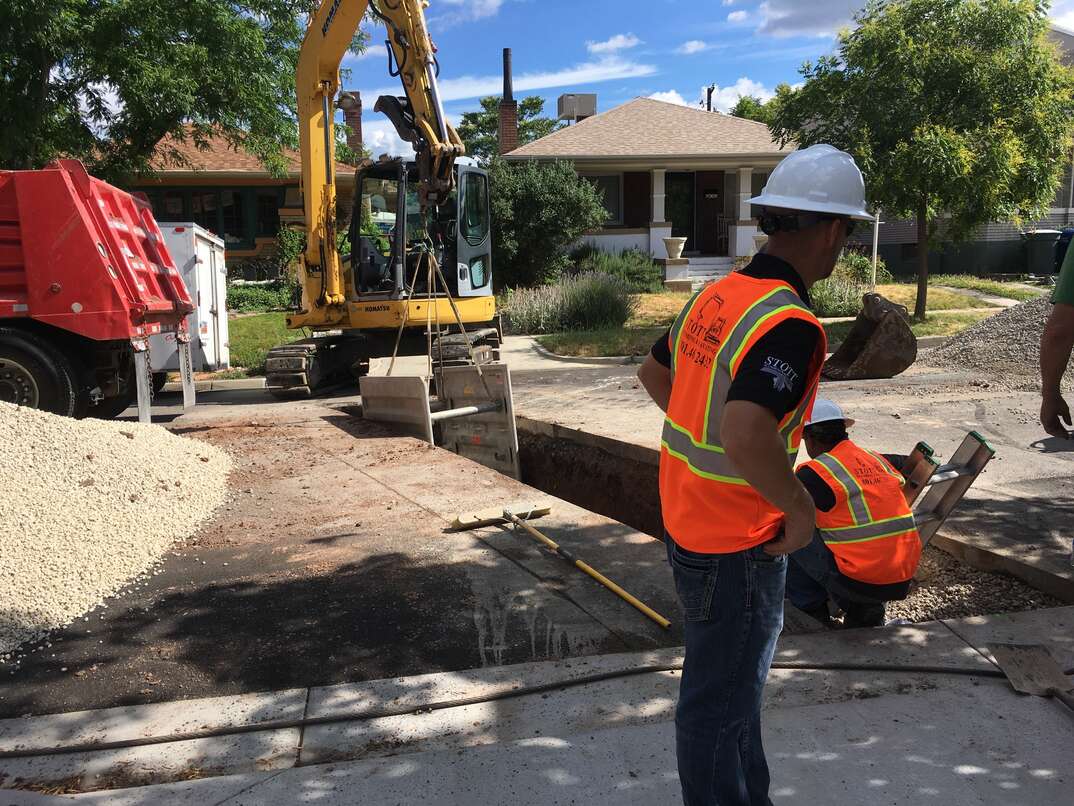What's the Difference Between a Quote and an Estimate?

If confusing jargon makes it hard to budget for your home improvement project, you're not alone. Many people use the terms “estimate” and “quote” interchangeably, but there are crucial differences between the two.
Here's what you need to know about quotes and estimates to help you budget for your renovation or other project with confidence.
What Is an Estimate From a Contractor?
An estimate is a rough, educated guess at what a project is likely to cost. Tradespeople provide estimates to help clients set their project budgets, and they usually conduct a meeting first to help them understand their needs and requirements. An estimate may include other information, such as likely completion timelines and a list of included services.
Estimates are subject to change. Therefore, the overall price you pay could be higher if something unexpected crops up, such as hidden asbestos or faulty electrics.
When tradespeople provide a quote, they give a total fixed price to complete a project. Quotes generally have an expiry date to protect contractors against future price fluctuations.
Quotes are binding, so the contractor must complete the work for the agreed price. Therefore, they will carry out a detailed meeting with the client to decide on the job scope, included services and completion date.
So, What’s the Difference?
The main difference between a quote and an estimate is that an estimate is approximate and non-binding. Estimates can give you a rough idea of how much a project will cost, but you could end up paying more or less depending on how the job progresses. Meanwhile, a quote shows you precisely what you'll pay for the completed project.
What About a Bid or Proposal?
A bid is similar to a quote. Contractors submit competing bids for jobs saying how much they will charge, and the client selects their preferred bid from the pool of candidates.
A proposal is similar to a job pitch. A client might ask a contractor for a proposal after an initial meeting to discuss their project. The proposal will include an exact quote and details such as timelines and exclusions. Contractors also use proposals to explain how they can add value to a project, so they may provide information like client testimonials and work samples.
Elocal Editorial Content is for educational and entertainment purposes only. Editorial Content should not be used as a substitute for advice from a licensed professional in your state reviewing your issue. Systems, equipment, issues and circumstances vary. Follow the manufacturer's safety precautions. The opinions, beliefs and viewpoints expressed by the eLocal Editorial Team and other third-party content providers do not necessarily reflect the opinions, beliefs and viewpoints of eLocal or its affiliate companies. Use of the Blog is subject to the
Website Terms and Conditions.The eLocal Editorial Team operates independently of eLocal USA's marketing and sales decisions.



